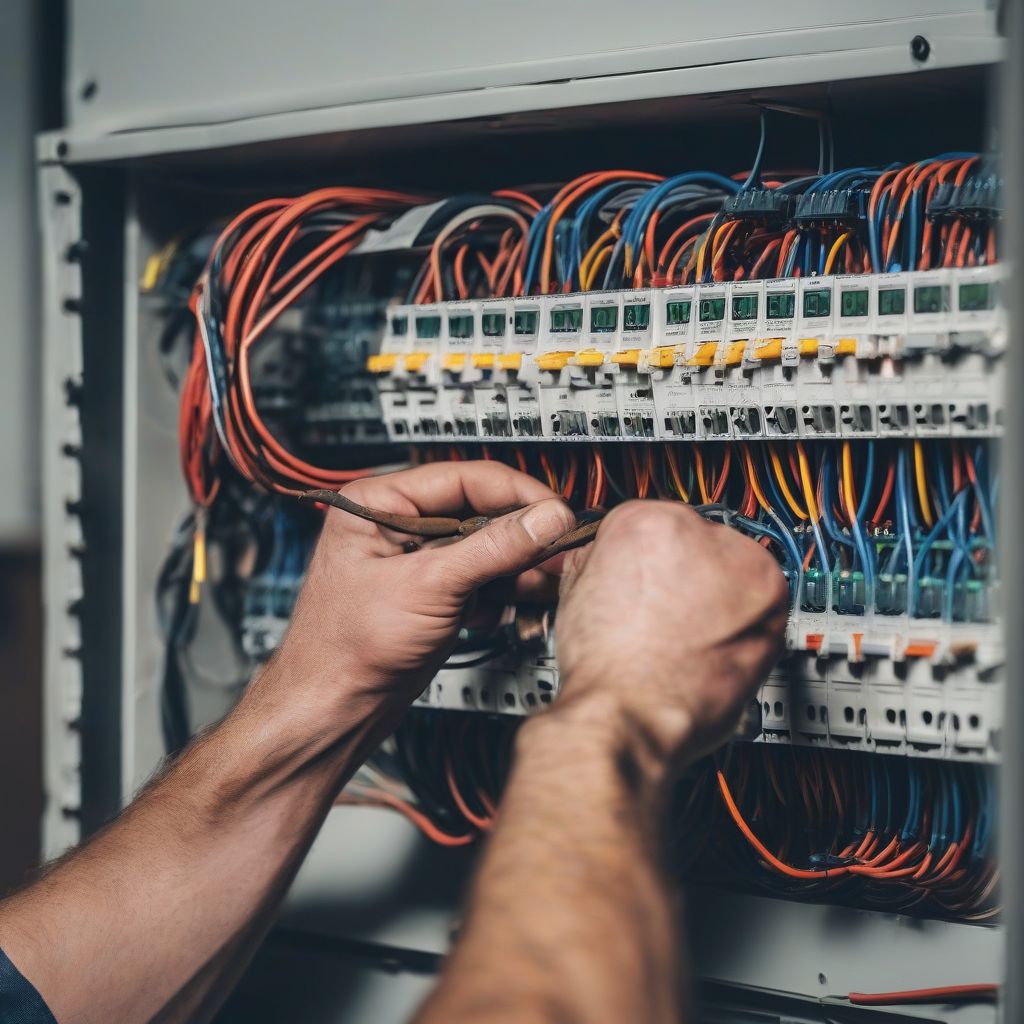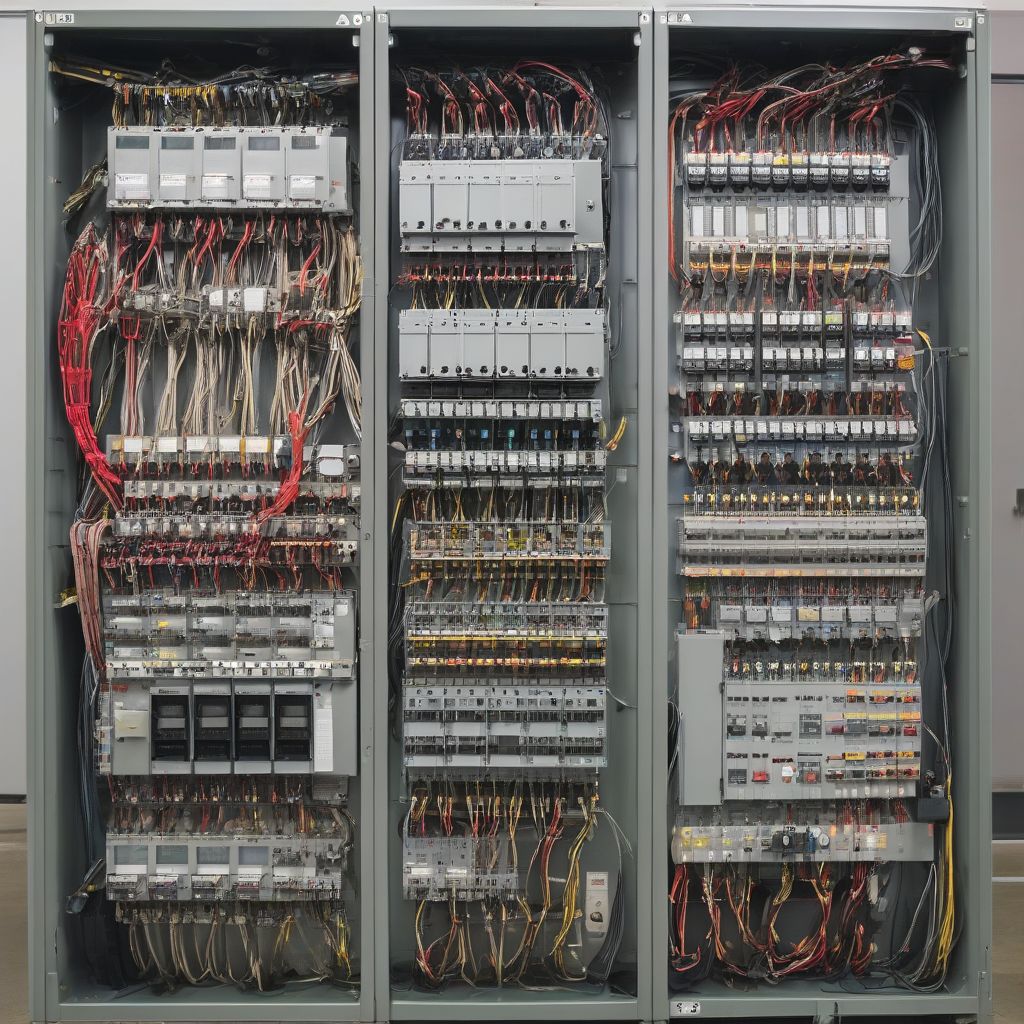Electricity is the lifeblood of modern homes, powering everything from essential appliances to entertainment systems. While we often take it for granted, a complex network of generation, transmission, and distribution systems makes this convenience possible. At the heart of this network, connecting our homes to the power grid, are residential electrical companies. These companies play a crucial role in ensuring a safe and reliable power supply to residential customers.
Demystifying the Role of a Residential Electrical Company
Residential electrical companies are responsible for delivering electricity from the power grid directly to your home. Their scope of work extends beyond just maintaining power lines; they are involved in:
- Installation and Maintenance: From setting up new connections to upgrading existing electrical panels, these companies handle all aspects of residential electrical infrastructure.
- Emergency Repairs: Power outages and electrical faults can happen unexpectedly. Residential electrical companies provide 24/7 emergency services to address these situations promptly.
- Metering and Billing: They are responsible for installing, reading, and maintaining electricity meters, ensuring accurate billing for customers.
- Customer Service: Residential electrical companies act as a point of contact for customers, addressing billing inquiries, technical issues, and other concerns.
Key Questions Answered by Your Residential Electrical Company
Understanding your electrical company’s responsibilities and services is essential for a smooth homeowner experience. Here are some common questions homeowners have:
- How do I report a power outage? Most companies have dedicated phone lines, online portals, or mobile apps for reporting outages, allowing for quick resolution.
- What are my rights as an electricity consumer? Residential electrical companies are bound by regulations ensuring fair pricing, reliable service, and consumer protection.
- Can I choose my electricity provider? In deregulated energy markets, homeowners may have the option to choose from multiple electricity providers offering competitive rates and plans.
- What is the process for upgrading my electrical panel? As homes age and power demands increase, panel upgrades might be necessary. Your electrical company can guide you through this process.
Choosing the Right Residential Electrical Company
Selecting a reliable and trustworthy electrical company is crucial for your peace of mind. Consider these factors:
- Experience and Reputation: Look for established companies with a proven track record in the industry.
- Licensing and Insurance: Ensure the company holds the necessary licenses and insurance to operate legally and protect you from liability.
- Customer Reviews: Online reviews and testimonials provide valuable insights into the company’s customer service and quality of work.
- Pricing and Plans: Compare rates, contract terms, and available plans from different companies to find the most cost-effective option.
 Electrician Working on Electrical Panel
Electrician Working on Electrical Panel
Ensuring Energy Efficiency in Your Home
Beyond the essential services provided by residential electrical companies, homeowners can take proactive steps to manage their energy consumption and reduce their carbon footprint.
- Energy Audits: An energy audit conducted by a certified professional can identify areas of energy waste in your home and recommend solutions.
- Energy-Efficient Appliances: Upgrading to appliances with high energy efficiency ratings can significantly reduce electricity consumption in the long run.
- Smart Home Technology: Smart thermostats, lighting controls, and energy monitors provide greater control over energy usage and optimize consumption patterns.
Conclusion
Residential electrical companies form the crucial link between power generation and our homes, ensuring a safe and reliable flow of electricity that powers our modern lives. Understanding their role, responsibilities, and the key questions to ask empowers homeowners to make informed decisions about their electrical service and contribute to a more sustainable energy future.

